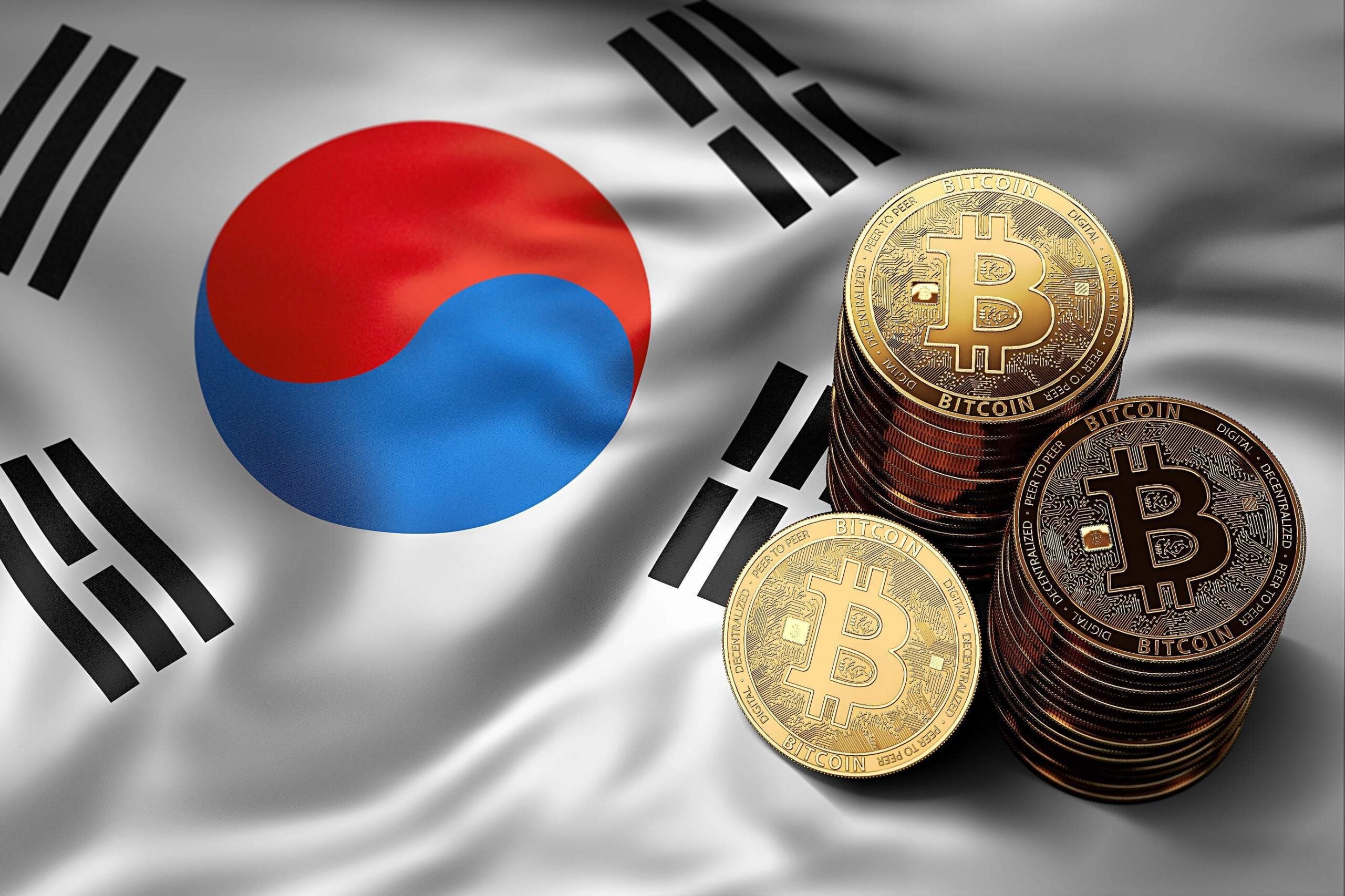
The price of the cryptocurrency bitcoin has hit over $10,000 amid the news that a South Korean bank is going to be launching a bitcoin vault service next year.
South Korea is currently the third-largest market for the cryptocurrency in the world so it makes sense that Shinhan, the country’s largest bank by assets, would begin exploring bitcoin.
According to South Korea’s Naver news website, Shinhan has been awarded a contract to build test server for a bitcoin vault. This would allow investors to safely store the currency.
The service, which is expected to launch mid-2018, would also see the bank develop a mobile app to use the vault.
Before anyone gets too excited, the testing of the South Korea bitcoin vault has to go through regulators first. The country’s prime minister, Lee Nak-yeon, is not a fan of the cryptocurrency. In a cabinet meeting this week, he said:
These are cases in which young Koreans including students are jumping in to make quick money and virtual currencies are used in illegal activities like drug dealing or multi-level marketing for frauds.
How well do you really know your competitors?
Access the most comprehensive Company Profiles on the market, powered by GlobalData. Save hours of research. Gain competitive edge.
 Company Profile – free sample
Company Profile – free sampleThank you!
Your download email will arrive shortly
Not ready to buy yet? Download a free sample
We are confident about the unique quality of our Company Profiles. However, we want you to make the most beneficial decision for your business, so we offer a free sample that you can download by submitting the below form
By GlobalData
Lee also urged the Ministry of Justice to look into the issues.
Moves like this signal that the South Korean government may need some persuading before bitcoin becomes more mainstream in the country.
Governments are still skeptical of cryptocurrencies
Whilst there are always rumours circling about central banks are working on their own cryptocurrencies, regulators have been cracking down on aspects of the crypto ecosystem this year.
South Korea was amongst a number of countries this year that banned initial coin offerings (ICOs).
The country’s financial regulator, the Financial Services Commission, said the trading of virtual currencies needs to be tightly controlled and monitored.
China also banned ICOs earlier this year and the UK’s Financial Conduct Authority issued a warning about the risks involved with the new mode of investment.
However, it was speculated that the cracking down on virtual currencies can pave the way to the government introducing its own version. With the sufficient regulations of course.







